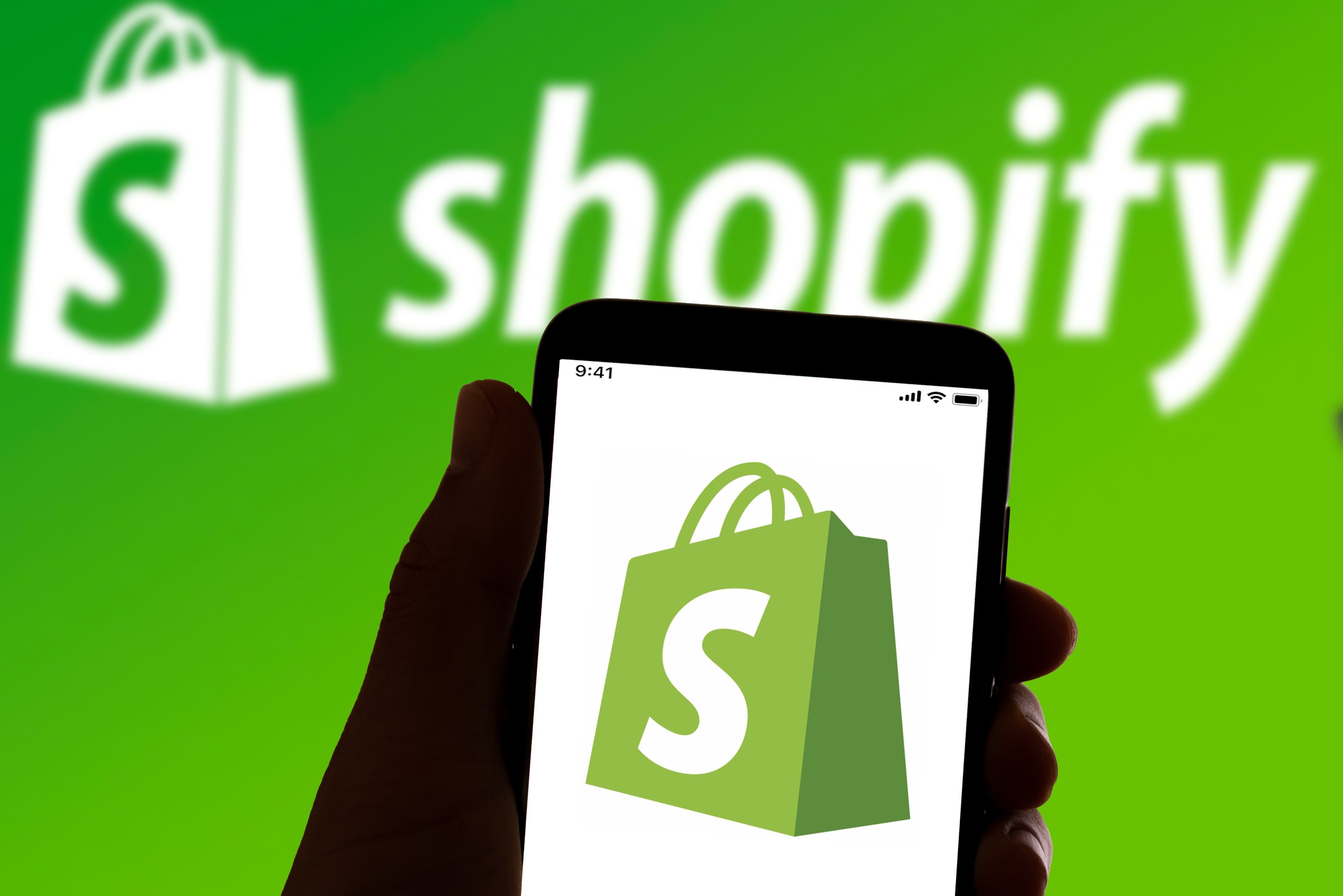E-commerce technology powerhouse Shopify (SHOP +0.96%) recently announced it's purchasing robotics and warehouse automation outfit 6 River Systems, adding the start-up's capabilities to its own order fulfillment segment and jump-starting its logistics prowess. Shopify said it will pay $450 million for the company, which is projected to add just $30 million in revenue next year and $25 million in operating expenses this year. What gives?
What Shopify is getting
Perhaps it's a sign of the times. Tech valuations are high at the moment, and as nutty as Shopify's one-year forward price-to-sales valuation of roughly 15x on 6 River Systems might sound, it's par for the course at the moment in the world of data, automation, and analytics services. Shopify itself is valued at 29 times trailing one-year sales -- although a top line expansion of nearly 50% last quarter partially justifies the stratospheric multiple for this high-growth stock.

Image source: Getty Images.
Shopify's move isn't unprecedented. Amazon.com (AMZN +1.60%) bought Kiva Systems -- a company similar to 6 River Systems -- back in 2012 for $775 million. In fact, as Fool.com contributor Danny Vena points out, two 6 River Systems founders were executives at Kiva. That's interesting.
Shopify CEO Toby Lutke explained: "Shopify is taking on fulfillment the same way we've approached other commerce challenges, by bringing together the best technology to help everyone compete. With 6 River Systems, we will bring technology and operational efficiencies to companies of all sizes around the world."
But while Amazon eventually turned Kiva into Amazon Robotics to grow its own share of the burgeoning e-commerce industry, Shopify is likely taking a different approach. At least at the moment, Shopify's mission is to empower other businesses with e-commerce technology -- from the small mom-and-pop store and aspiring entrepreneur to the large and established business looking to make the migration to direct-to-consumer selling via the internet. Through Shopify Plus, large businesses using Shopify to start up and improve upon their digital selling capabilities have been fueling results in a big way. Thus, while Amazon went shopping to further develop e-commerce as the current leader of that industry, Shopify is disrupting it by making the technology available to everyone.
This isn't the only recent Shopify deal
Earlier in the year, Shopify also acquired a small business-to-business (B2B) e-commerce company called Handshake for an undisclosed sum. Then, during its developer conference, it announced it was investing in a national network of fulfillment centers to help its customers keep up with Amazon and its other impossibly large peers with greater scale. While this was happening, the multitrillion-dollar U.S. B2B industry got yet another entrant in the form of Alibaba. Shopify is stitching together its tech with new logistics prowess to take on a big industry, led by some powerful players.
However, all of Shopify's new parts pair together nicely, not as a marketplace but as a competitive alternative to Amazon's various business services. Amazon has learned a lot at the expense of older retailers and leveraged it into highly profitable operating segments and technology; its AWS cloud computing platform is a case in point. Online retail may be by far Amazon's largest department -- at $31.1 billion in the second quarter of 2019 alone, a 14% year-over-year increase -- but its operating profit margin is in the single digits. By contrast, AWS generated a 25% operating margin on revenue of $8.38 billion in the second quarter.
So why 6 River Systems? It's all about luring in retailers and business suppliers to the larger Shopify ecosystem, without said businesses having to worry about an in-house retailing operation run by Shopify. It could be a real pull for companies in need of an upgrade to their online presence, as well as those in the Amazon sandbox competing with the company's formidable selling enterprise. It's too soon to tell whether the investment will pay off. However, in a big industry that's only getting bigger, Shopify's past execution suggests investors should be paying attention.








